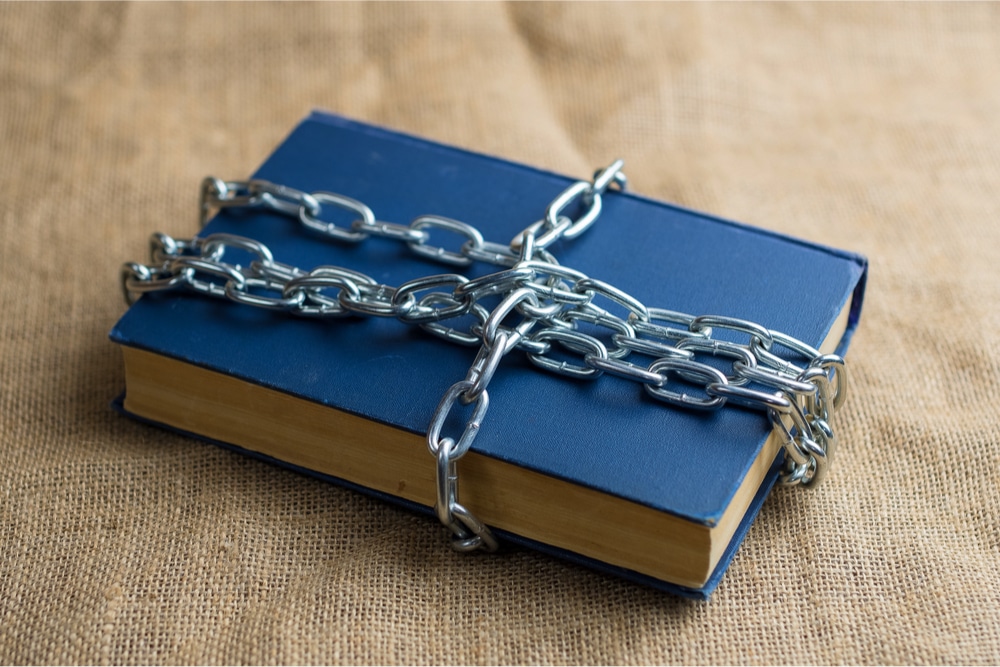
Last month, U.S. District Judge Allen Winsor issued an order requiring mediation in the lawsuit regarding the removal of the children’s book “And Tango Makes Three” from Escambia County school library shelves. The judge also scheduled a trial date of March 4, 2025.
The book’s co-authors, Peter Parnell and Justin Richardson, and a student identified by the initials B.G. brought the lawsuit against the Escambia County School Board. Judge Winsor refused to dismiss claims that the board violated the authors’ right to freedom of expression and the student’s right to receive information by removing the book.
PEN America is not involved in this lawsuit but has another case involving many more books removed from school libraries by the Escambia County School Board. PEN America Florida’s Katie Blankenship discussed the impact of Judge Winsor’s ruling on WCOA.
She believes it’s a big win that the case hasn’t been dismissed. What’s also significant is that the judge incorporated the state of Florida’s settlement in another lawsuit involving the “Don’t Say Gay” law (HB 1500) into the ruling.
In March, the Florida Department of Education reached a settlement with Equality Florida and families, who filed a lawsuit challenging the constitutionality of the Parental Rights in Education Act, also known as the “Don’t Say Gay” law. The law prohibits “classroom instruction by school personnel or third parties on sexual orientation or gender identity” in grades K-3 or “in a manner that is not age-appropriate or developmentally appropriate for students in accordance with state standards.”
Last year, the state board of education voted to expand the ban through high school.
The settlement clarified that teachers and students can discuss their own LGBTQ+ identities and families, safe space stickers can stay up in classrooms, and students can participate in extracurricular activities, such as Gay-Straight Alliance clubs, and wear clothing inconsistent with “students’ gender assigned at birth.”
According to Blankenship, the state of Florida said in the settlement that the law does not apply to books.
“What that means is that we have a federal judge for the first time putting into law that they cannot pull books based on what ‘Don’t Say Gay’ prohibits, which is discussions of sexual orientation and gender identity and these sort of issues,” she said. “That means they can’t pull books with gay characters or because there are dealing with LGBTQ+ issues, which has been happening over and over again.”
Blankenship suspects the judge may be sending the Escambia County School Board a message. She said, “This word ‘mediation’ after allowing a case to go forward, it’s tricky to know how much to read into that one. It’s a fairly standard protocol, right? Settlement is a good thing.”
She continued, “Judges try to get us to settle. But if I were on the defense (School Board) and looking at the trajectory of this case, I would take it as a signal that the judge wants this case done, meaning settle it and get the books back on the shelves. This shouldn’t go forward and waste the taxpayer’s money. Now, a judge hasn’t said that. Obviously, I’m not going to say that. We’ll see.”
Blankenship said the School board members should understand that they’re going to have to make some concessions and decisions. She said, “I hope they do. They need to put these books back on the shelves.”



